Early Telepalliative Care Can Reduce Caregiver Burden, Improve Quality
Hospice News
FEBRUARY 12, 2025
Wider utilization of telepalliative services could help ease family caregiver burdens and improve quality among seriously ill patient populations, research has found. The study found no differences in caregiver satisfaction when receiving virtual versus in-person palliative services.

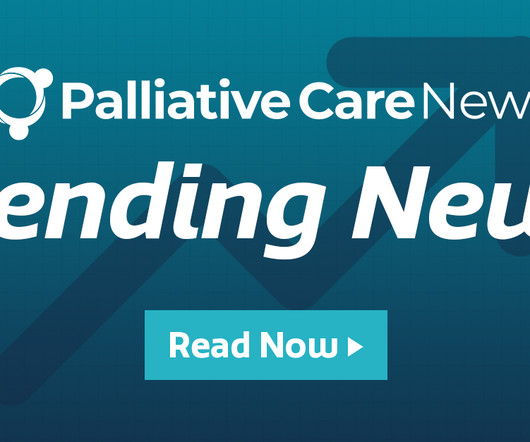
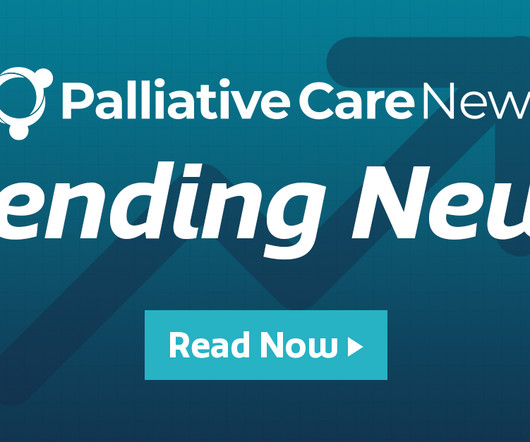










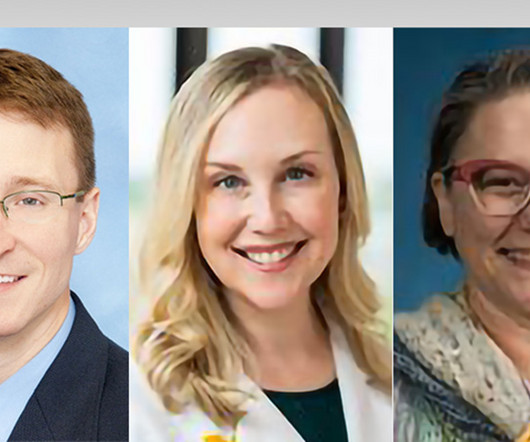
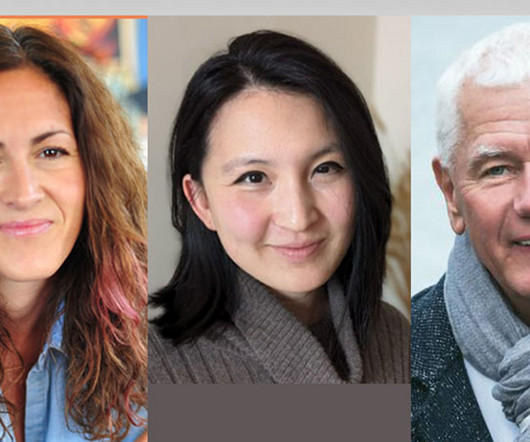

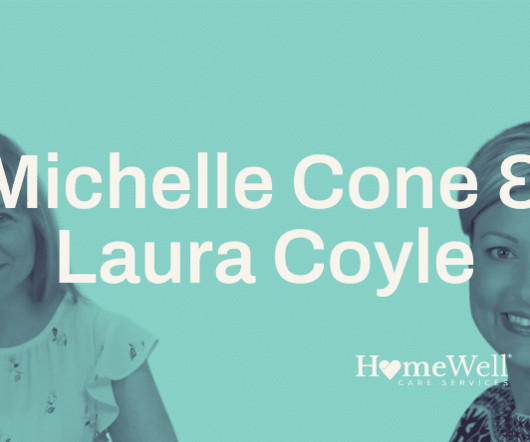
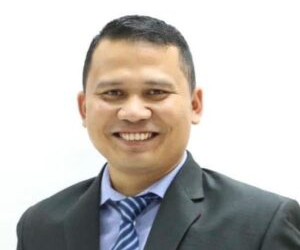






Let's personalize your content